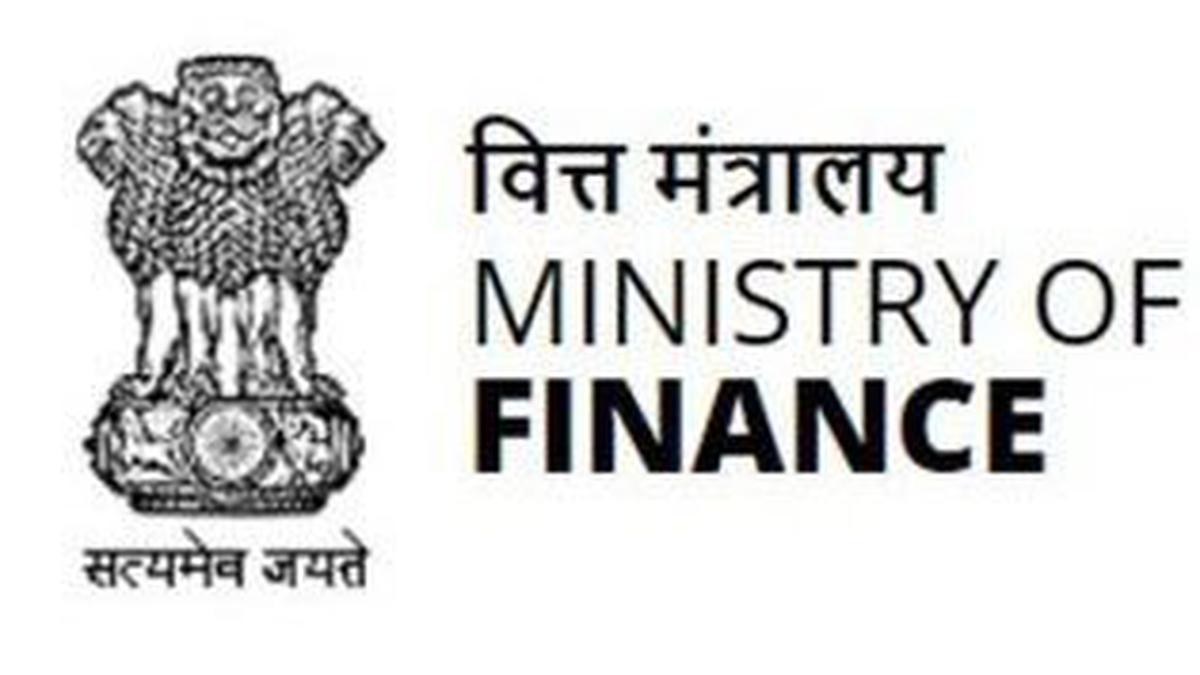
SVB-type bank collapse improbable in India: Finanace Ministry
The Hindu
Indian banks are well placed to handle any stress arising from the global monetary tightening cycle that has led to the collapse of a few banks in the United States, including the Silicon Valley Bank, the Finance Ministry asserted on April 25, 2023.
Indian banks appear well placed to handle any stress arising from the global monetary tightening cycle that has led to the collapse of a few banks in the United States, including the Silicon Valley Bank, and triggered UBS’ takeover of troubled Credit Suisse Bank, the Finance Ministry asserted on Tuesday (April 25).
Apart from measures taken since the 2008 global financial crisis to enhance banks’ risk absorption capacity, the Ministry cited six important factors to buttress the stability of the Indian banking system. It also pointed to a the central bank’s December 2022 Financial Stability Report to note that investment fluctuation reserve buffers have helped banks absorb losses due to the rise in yields on government securities.
Explained | Will the SVB collapse impact Indian start-ups?
“…Macro stress tests reveal that for an increase of 250 basis points (bps) in yields of banks’ held to maturity (HTM) portfolios, no commercial bank would fall short of its regulatory Capital to Risk-weighted assets Ratio. The RBI has also stipulated that banks cannot place more than 23% of their deposit liabilities in their HTM portfolios. This implies that a 10% sustained in banks’ HTM portfolios will have only a deposit impact of 2.3%,” the Ministry said.
The Ministry’s monthly economic review pointed to certain systemic characteristics that will help “reduce the probability of an SVB-like incident occurring in India”. For one, 60.1% of total deposits are with public sector banks, while 63% of those deposits are held by households which are considered “sticky retail” customers. Hence, deposit withdrawals in this category will remain limited, it argued.
Moreover, Indian banks hold most of their assets in loans rather than bonds, making them “more immune to the rising interest rate cycle”. The build-up of Asset-liability mismatch threats triggered by rate hikes, is not an “onerous issue” in the Indian banking system, it said.
“Despite having major proportion of loans in the asset basket, Net Interest Margin, an indicator of a bank’s profitability and growth for all major banks, is high, implying efficient investment by banks,” the Ministry noted.













